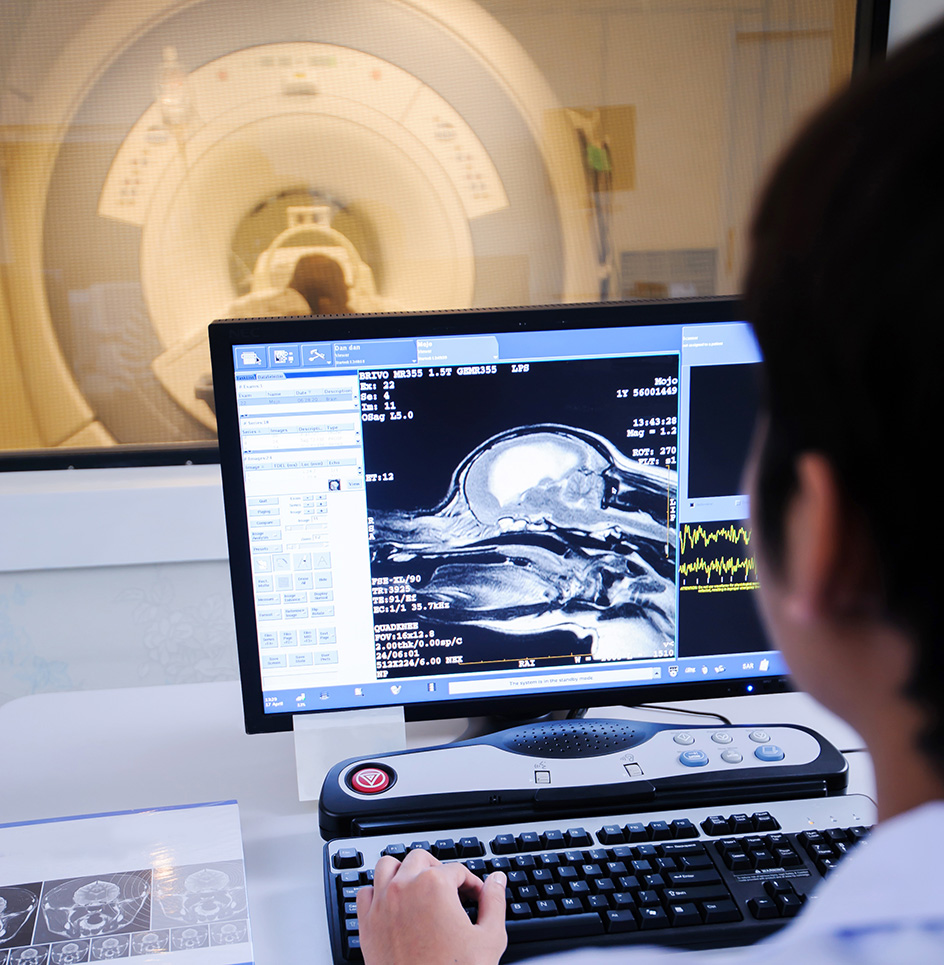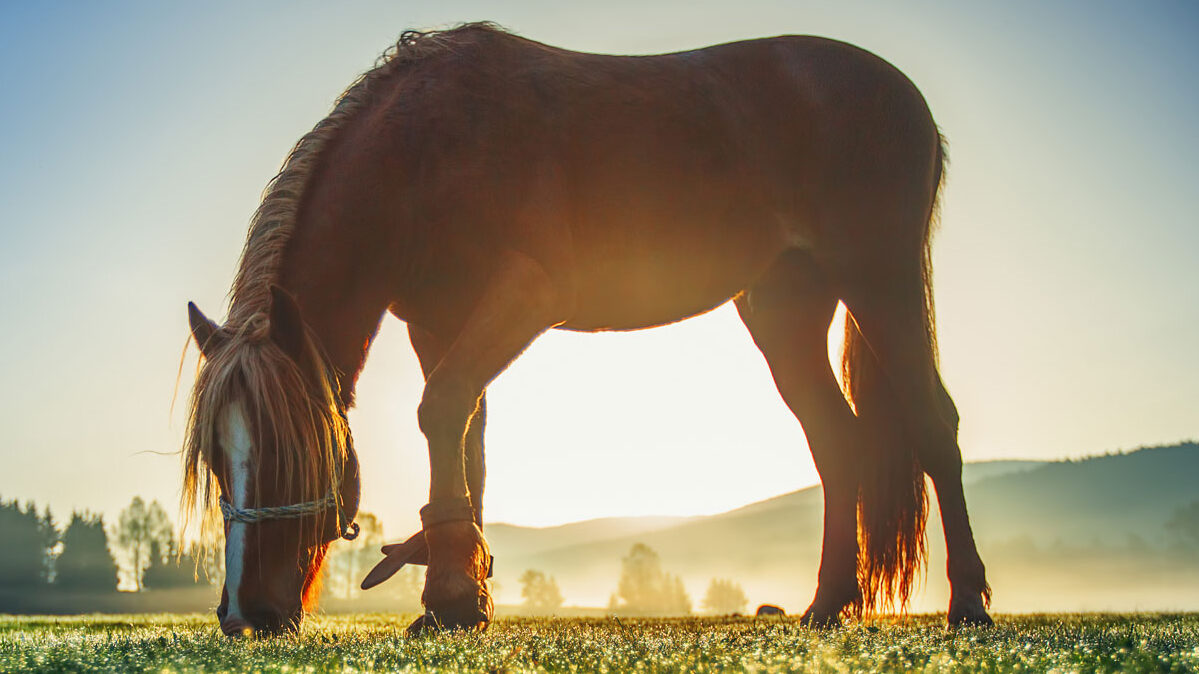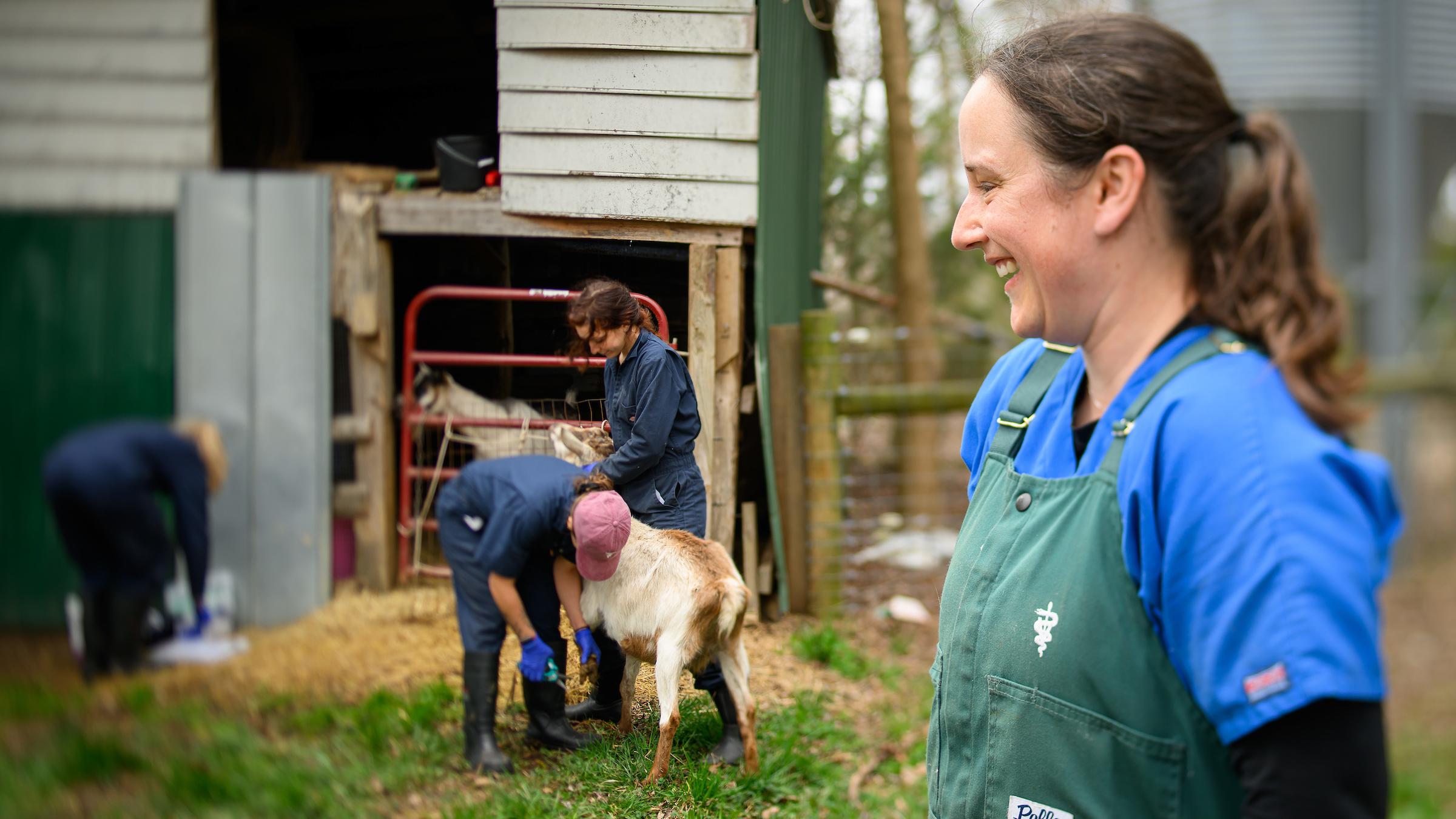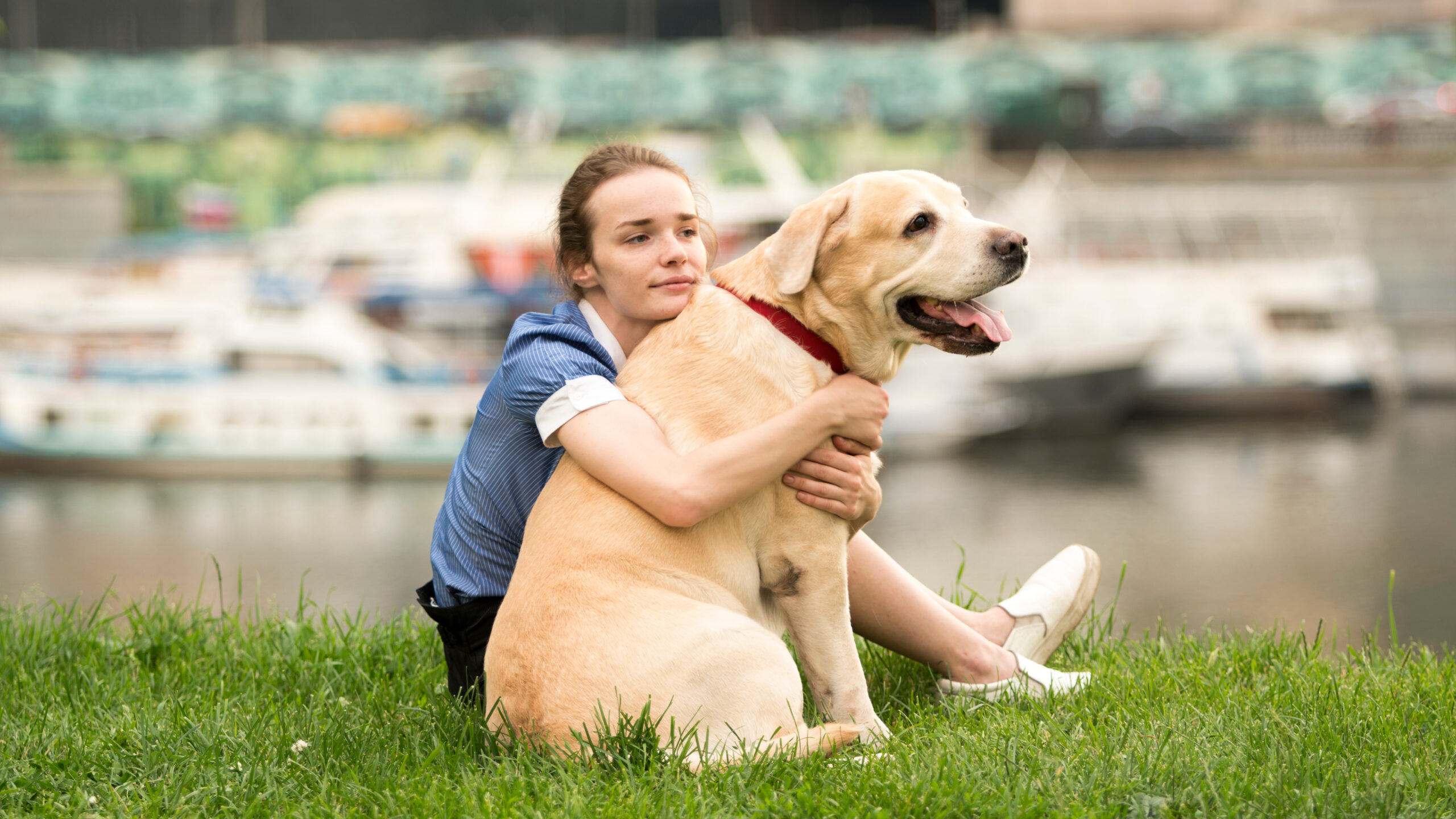Advanced MRI Coming to NC State Veterinary Hospital

A state-of-the-art MRI machine, offering the clearest images yet to aid in treating everything from neurological conditions to cancer, will soon make its home at NC State.
NC State Veterinary MRI replaces the MRI service AnimalScan presently used by the hospital. AnimalScan will close by the end of June. During the transition, there will be no interruption to small animal MRI, which will be available through an on-site mobile service.
MRIs for horses will be available when renovations to the MRI service area are completed, likely by early October. MRI has been offered at the NC State Veterinary Hospital since 2004, when it became the first in the area to offer such a service. The service is also available with a referral from a primary care veterinarian.
MRI, or magnetic resonance imaging, is the gold standard in diagnostic medical care. The new MRI machine is powered by a 3T magnet that is twice as strong as previous equipment, offering drastically higher quality images for clinicians creating treatment plans for cats and dogs with a range of neurological conditions, horses with orthopedic injuries and much more.
MRI offers unparalleled looks at damaged tendons and spinal cords; it greatly helps to differentiate between tumor types. What a clinician can see through using MRIs in an equine lameness evaluation surpasses what can be seen when using ultrasounds or X-rays, said Jon Congdon, NC State Veterinary MRI director. Additionally, this powerful MRI bolsters NC State’s groundbreaking medical research.
“A 3T magnet gives you far more resolution to discriminate between brain tissue, blood, inflammation, tumors — everything that is there,” said Congdon. “Most current research for radiology and neurology is using 3T magnets. It will vastly increase our research mission.”
“To be able to have that kind of imaging and offer every option to clients, that’s what we’re here for.”
Questions?
Contact NC State Veterinary MRI at NCStateVetMRI@ncsu.edu
- Categories:


